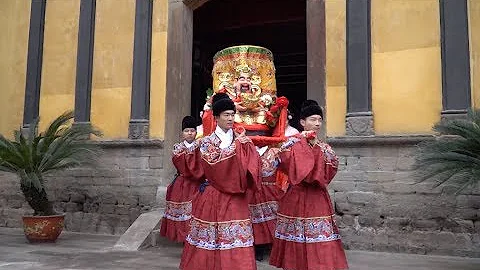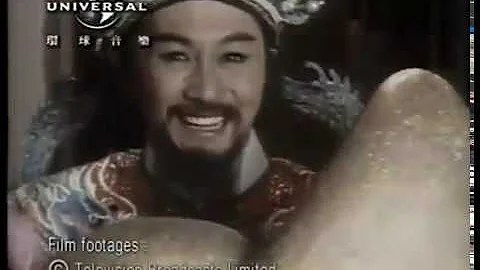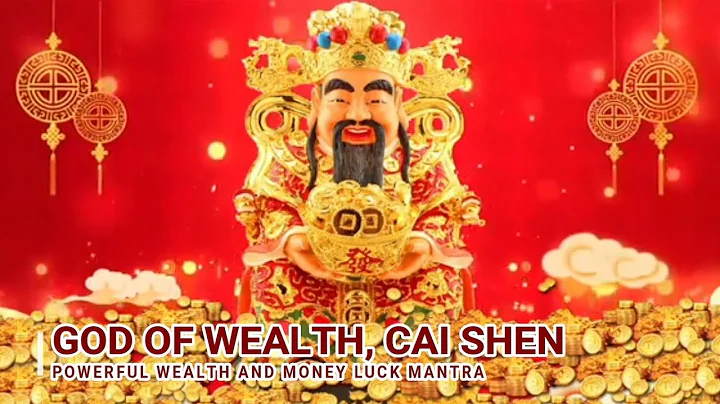
The God of Wealth is the god in charge of wealth in Chinese folklore. There is not only one God of Wealth, but several. There is even a saying of "one in all directions", that is, "the God of Wealth on all sides": Wen Caishen Bigan (East), Wen Caishen Fan Li (South), Wu Caishen Guan Gong (west), Wu Caishen Zhao Gongming (north); "Eight Directions God of Wealth": Duanmuci (southwest), Li Kuizu (northeast), Guan Zhong (southeast), Bai Gui (northwest) ); there is also a "Chinese God of Wealth": Wang Hai ( Prince of the Shang Dynasty , revered as the ancestor of business). Among these gods of wealth, the first few are regarded as gods of wealth, and they are all easy to understand. Only Guan Yu , a military general, is not surprising to be revered as the God of War, but it is unavoidable to be revered as the God of Wealth. Although Guan Yu also once ruled Jingzhou, it is not said that Guan Yu did anything outstanding in managing Jingzhou's finances, and there is no historical data showing that Guan Yu did business or engaged in commercial and trade activities (there are folk legends that Guan Yu In the early years, I sold red dates, mung beans, etc., but in the end I was just a hawker and did not make a fortune).

Guan Yu is known as "Guan Shengdijun", or "Guandi" for short. He was originally one of the four guardians of Taoism. Today, Taoism mainly regards him as the god of wealth to worship the god of wealth. Wu Caishen is a god of wealth in Han Chinese folk belief. The origin and function of the Wu God of Wealth: The God of Wealth can be divided into the Wen God of Wealth and the Wu God of Wealth. Guan Yu is the Wu God of Wealth. Guan Yu, the God of Wealth in Guandi Pavilion, holds the Qinglong Yanyue Knife. Most of the statues of the God of Wealth in today's Taoist temples have black faces and thick beards, ride on black tigers, hold silver whips in one hand, and ingots in the other, and are fully dressed in military uniforms. Wu Caishen entrusts the working people of the Han nationality with a good wish to dispel evil, avoid disasters and pray for blessings.

Wu Caishen Guan Gong: Cai Shen Guan Gong Guan Yunchang The hand-held Qinglong Yanyue Sword has a majestic image and heroic spirit. Folk legend says that when Guan Yunchang left the Three Kingdoms Cao Cao , he not only collected all the things Cao Cao had given him, but also kept an account book, which recorded that all the gifts given by Cao Cao in the Three Kingdoms were in accordance with "original, receipt, export, and deposit" carried out. This ledger, with clear classifications, was adopted by later generations, and Guan Yunchang inadvertently created a way to manage money.

However, most people still remember Guan Yu's heroic character of loyalty, filial piety, benevolence and righteousness. I admire his loyalty and informality. So now some shops still enshrine the portrait of Guan Erye . Ensure safety and wealth.





















